
UK catch-UP – Winter 2020
December 15, 2020Help us to help Shira and her friends
March 3, 2021Village catch-UP – Winter 2020
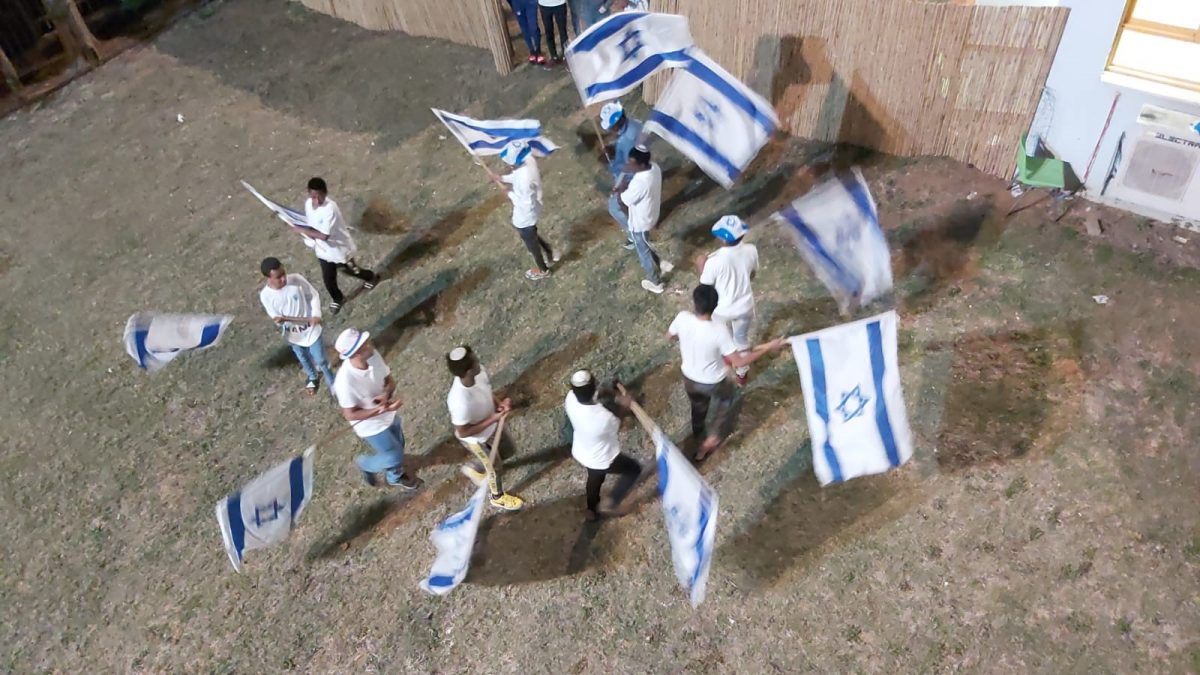
The Village Way
Aloney Yitzchak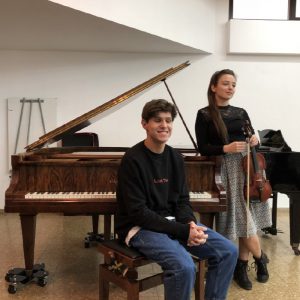
Music is one of the flagship activities at Aloney Yitzchak youth village and this year it is aiming to transform the music programme and be recognised as a music conservatory.
This will give students new opportunities to perform, increase the choices of instruments, and raise the level of achievement. It will also enable the village to welcome additional music students.
The move would also mean that students would get government funding for private lessons and partnerships with regional and national music institutions would open up. It’s not only the administration who is working to improve the village’s music offering. This year, a group of Aloney Yitzchak alumni ran a crowdfunding campaign to upgrade the music building. Renovations will soon begin and will include improved acoustics in the main hall.
Talpiot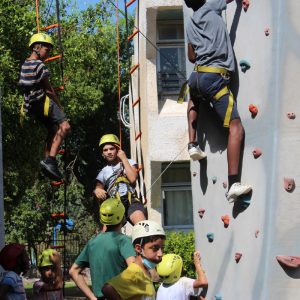
The pandemic has added additional challenges for many families in Israel and Talpiot has worked hard to be there for those who need it most. The village most recently took in a child who was facing neglect at home and was able to place him with a foster family on campus. In the short time he’s been at Talpiot, staff have seen a dramatic improvement in his mental health and wellbeing.
During Israel’s second lockdown this autumn, the village operated an alternate learning centre that was open in the mornings to help children with core subjects so they wouldn’t fall behind. It was also able to put on some group activities outdoors so children would have something to do whilst their regular routine was disrupted.
The activities gave the children a creative outlet and also gave staff an opportunity to spend time with them in small groups, giving them valuable individual attention.
Neve Hadassah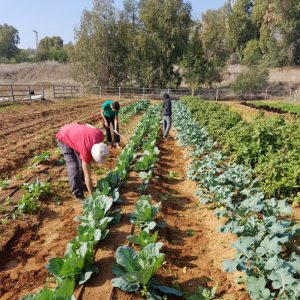
Despite the pandemic, it was business as usual at the Neve Hadassah farm. Youth take an active part in all the farm’s work and learn the industry from the ground up, including marketing and sales. This means they have a skill that they can take with them into their working life long after they leave the village.
At Neve Hadassah, not only do the crops thrive, but so do the students. There are more students than ever this year – 300 in the day school and 240 boarding – and they come from all over the world: Russia, Ukraine, Ethiopia and South America, as well as Israel.
There are a wide variety of ways for students to learn and they can choose to work in a vegetable garden, with field crops, ornamental plants and spice greenhouses, in a nursery, with honeybees and in a vineyard. In addition to hands on training, they get formal in-classroom instruction in agriculture, including in advanced agricultural technology and the business of running a farm.
T.O.M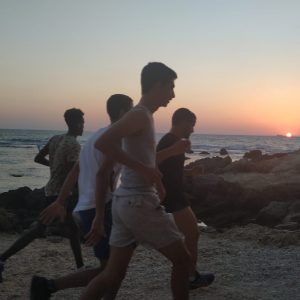
The youth at T.O.M are cared for not only during their time as students, but after they leave as well. The Alumni Centre ensures they can grow and prosper as they move into adulthood.
Young people are able to receive a technical or practical engineer diploma after grade 12 so they can enter the military and workforce with a recognised skill. During their time in the military, the alumni coordinator ensures there is a T.O.M representative at their ceremonies, and when their service is complete, students receive help with the university application process. The village is also able to give grants to students who need a bit of extra help during their studies.
Just as importantly, current students at the village are able to look at our graduates as role models. Several times a year, alumni are invited to spend time on campus or on Zoom with our students. One of our graduates has even returned as a teacher to the village thanks to the bond we kept alive after he finished his studies.
Yemin Orde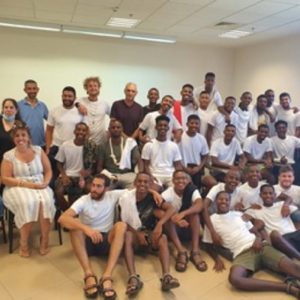
Just before Rosh Hashanah, Israel went into its second national lockdown. Taking the learnings gleaned from the first lockdown, the team at Yemin Orde quickly implemented a well-thought out plan to minimise the disruption and uncertainty caused to the children. Despite the lockdown, the village was delighted to see that 90% returned after the Summer holidays, making it the youth village with the largest number of teenagers living on-site.
Young people were grouped into ‘pods’ – learning, eating and participating in activities together – so they could benefit from reduced risk of exposure to the virus, whilst being able to focus on their educational and personal development. Although limited to small numbers of people, each pod was able to experience a wide range of exciting and enriching indoor and outdoor activities, including theatre workshops, masterchef classes, dog training classes, physical training and even a socially distanced outdoor disco with music being blasted out of the windows of staff members’ cars!
For the young people who, for various reasons, had to remain at home rather than the village, staff created personal plans and provided remote distanced earning. Social workers kept in daily contact to ensure their wellbeing and that they had someone accompanying them in their daily educational routine. But it wasn’t just the current cohort of Yemin Orde youth that staff supported during the last few months. The team also managed to directly reach out to over 1000 graduates of the village stretching back across the last ten years. This impressive feat set out to check in with the graduates and assess how the pandemic was affecting them and to see if they were in need of any financial, emotional or practical support.
For many of these graduates the pandemic is taking its toll, with many having lost their jobs or being without work whilst needing to support their own families. For those most requiring help, support was offered in the way of rent payments and providing basic necessities such as food, toiletries and medicine. In addition, many have received financial counselling to better prepare them for the future.